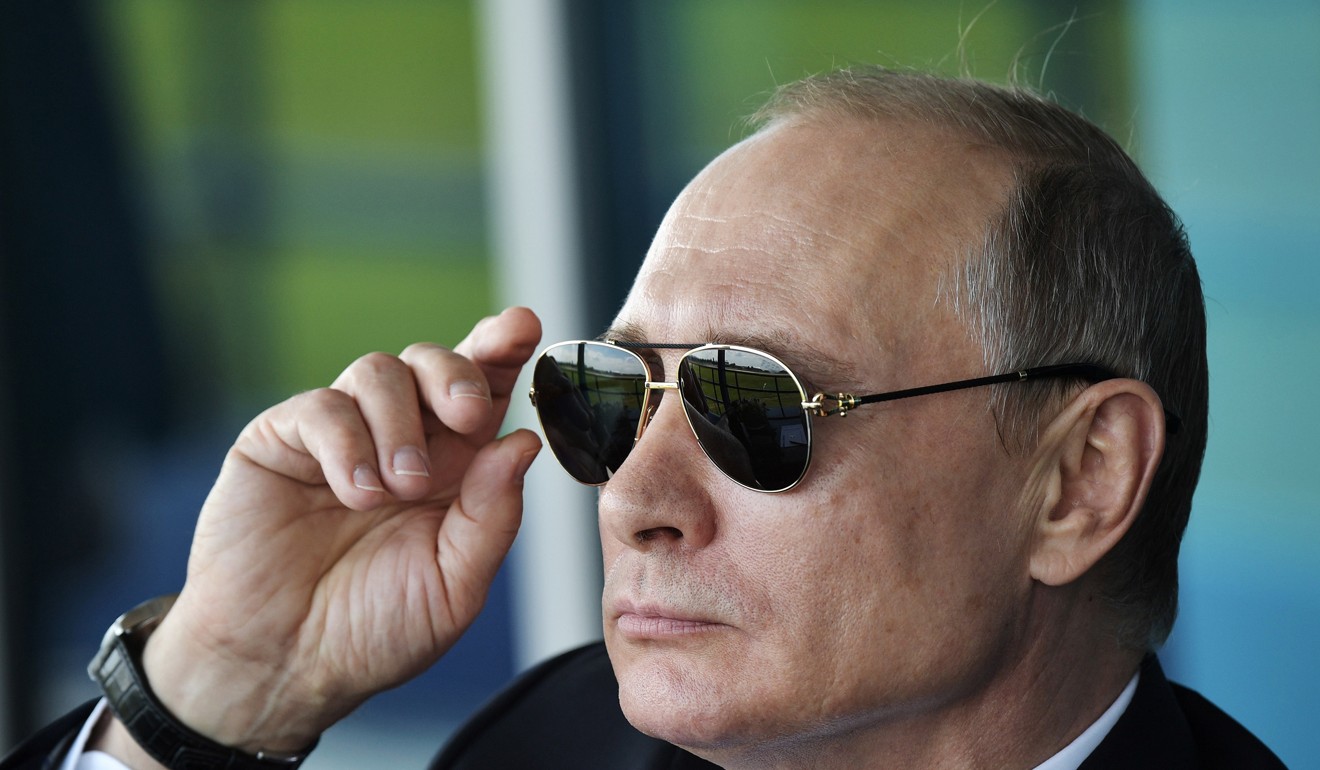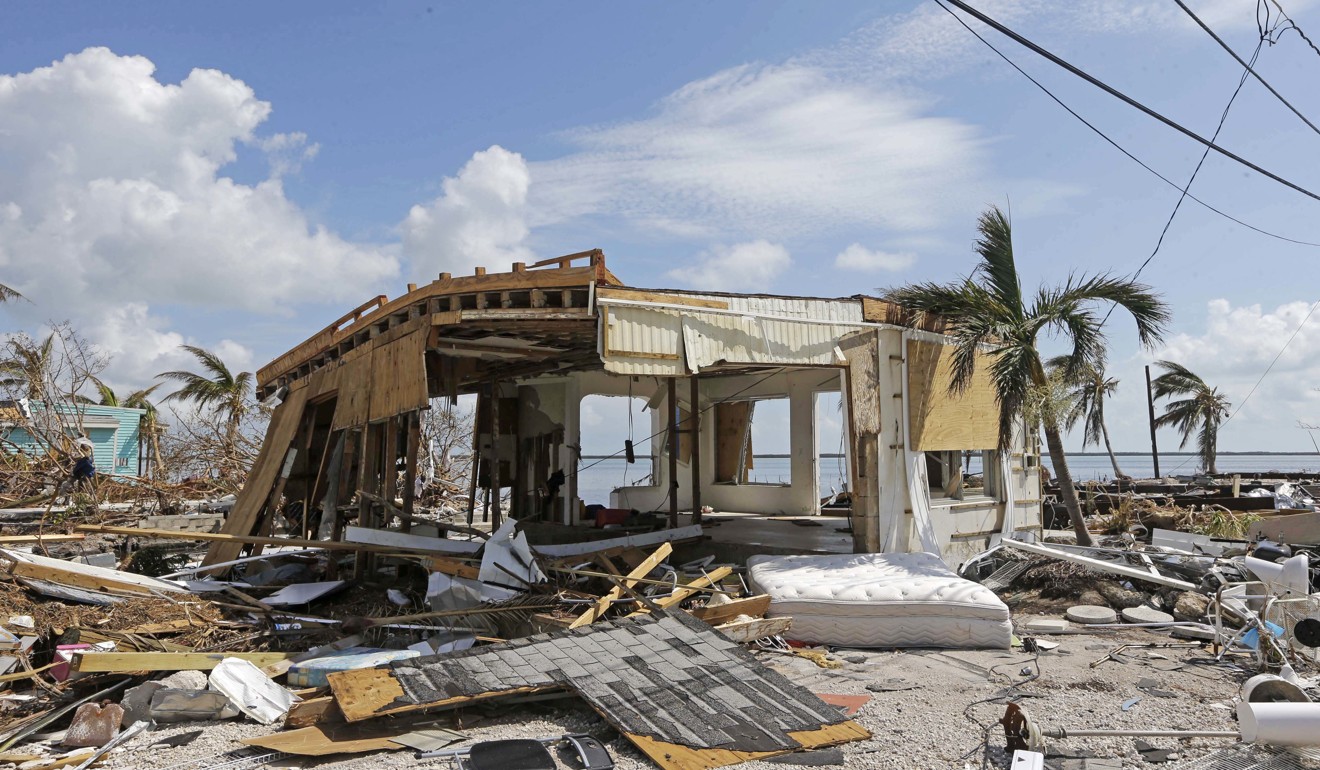
The great unravelling of a US-led global order
Andrew Sheng says the chaos of North Korea’s nuclear proliferation and climate-related disasters, plus the rise of China, India and non-state actors, all stem from the decline of a unipolar world, with an uncertain set of solutions

Earlier this year, the Pentagon asked the Rand Corporation to conduct a review on “Alternative options for US policy toward the international order.” The key questions for the “new global order” are who sets the rules and how binding the rules are.
How Chinese diplomacy can shape US policy on North Korea
The study breaks the future order into two camps of rule-makers – the US and its allies or a concert of great powers. Under this division, there are two conditions where rules are binding – one dominated by the US camp to enforce rules and the other where the great powers agree to a global constitutional order enforced by institutions. The other two conditions where rules are not binding involve a coalition of states aligned to counteract revisionism and a new concert of great powers.
The immediate problem with the Rand categorisation is that the existing liberal, rules-based order is challenged by the US itself, not others.

Asia’s glaciers will melt sharply from global warming by century’s end: climate study
Third, North Korea’s bid for nuclear power membership, despite being a small state, means that great powers may have to accommodate new players, like it or not.
Fourth, climate change in the form of hurricanes demonstrate that nature can impose large economic losses on nations and regions, requiring global public goods that the current order is neither willing to fund, nor able to agree on how to address.
The bottom line is that the current order has neither the resources nor the collective will to enforce rules when human population growth means increasing competition for scarce water, food and territorial spaces. Chaos arises from the breakdown of rules and borderlines.
In short, globalisation of trade, information and human migration means traditional borders in many regions are becoming unenforceable. Seen from the long lens of history, with the great powers being unwilling to put troops on the ground to enforce borders drawn up under the colonial era, these artificial borders are failing.
A hallmark of the times is that even the best of think tanks cannot map out how to navigate this era of disruptive technology, unpredictable climate and shifting alliances and interests. What history teaches us is that the fault lines will be at the borderlands, at the confluence of emerging forces and stresses.
We should therefore be prepared for not only disruption at the borderlands of physical space, but within the realms of cyberspace.
Andrew Sheng writes on global issues from an Asian perspective

